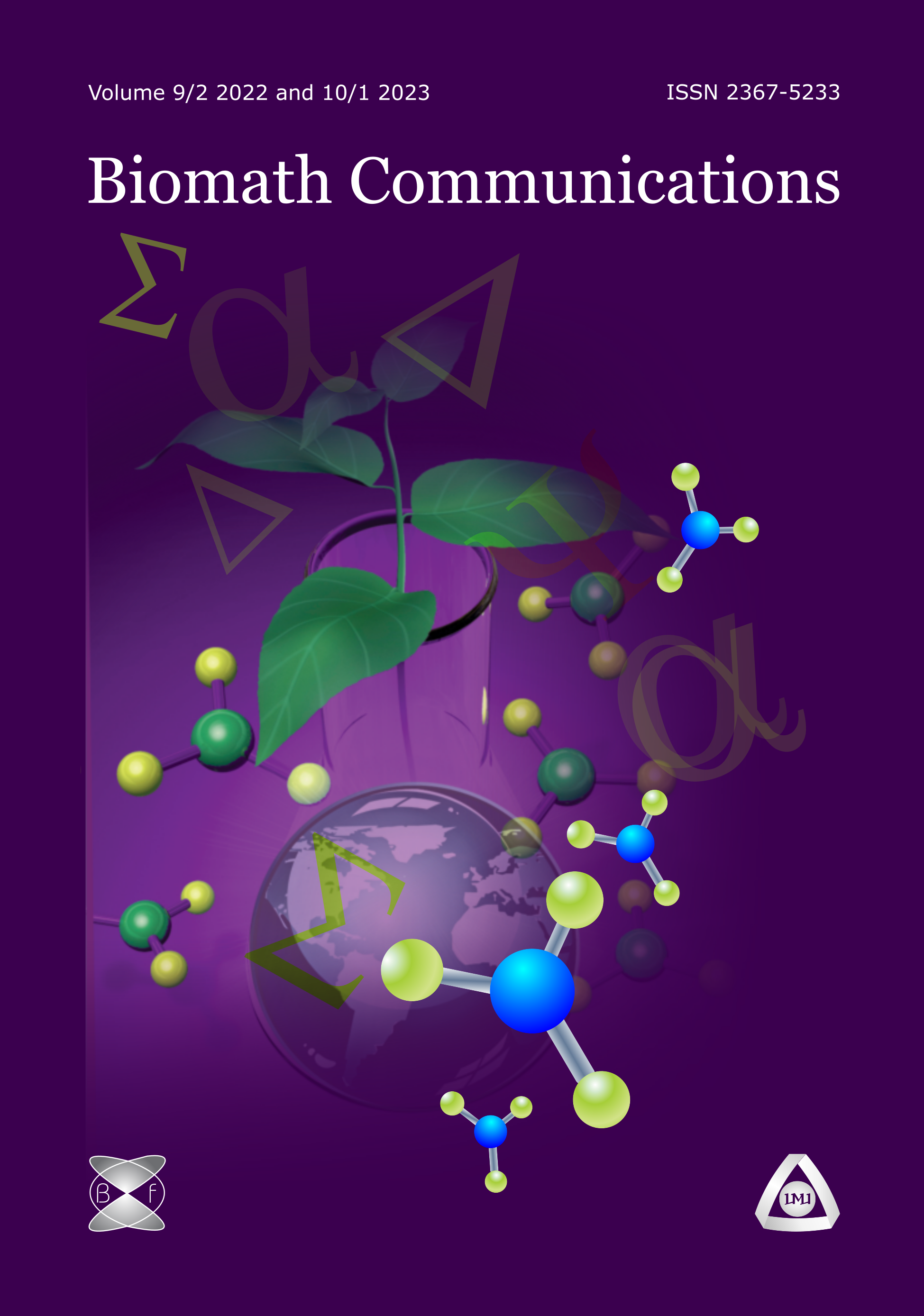Studies on Conductivity and Dielectric Properties of PEO/PVP Nanocomposite Electrolytes for Energy Storage Device Applications
Abstract
Investigations on Sodium-ion conducting polymer blend electrolyte systems based on PEO/ PVP complexed with NaIO4 salt and TiO2 nano fillers were presented in this report. The complexed polymer blend electrolytes were prepared in the form of dimensionally stable and free-standing films by conventional solution cast technique. Micro Raman and XRD studies confirmed the miscibility between PEO and PVP and the complexation of the salt with PEO/PVP polymer host. TEM measurements were carried out to evaluate size & distribution of the dispersed TiO2 nanofillers. Complex impedance spectroscopy in the frequency 1 Hz – 1 MHz within the temperature range from room temperature to 343 K. Ionic conductivity of blend electrolytes increased with the increase of TiO2 nanofillers В concentration.В Electrical conductivity and dielectric properties of NaIO4 salt complexed blend PEO/ PVP/Na+ electrolytes were analysed as a function of TiO2 nanofillers concentration.В
В
Downloads
Published
Issue
Section
License
The journal Biomath Communications is an open access journal. All published articles are immeditely available online and the respective DOI link activated. All articles can be access for free and no reader registration of any sort is required. No fees are charged to authors for article submission or processing. Online publications are funded through volunteer work, donations and grants.
Authors who publish with this journal agree to the following terms:
- Authors retain copyright and grant the journal right of first publication with the work simultaneously licensed under a Creative Commons Attribution License 4.0 that allows others to share the work with an acknowledgement of the work's authorship and initial publication in this journal.
- Authors are able to enter into separate, additional contractual arrangements for the non-exclusive distribution of the journal's published version of the work (e.g., post it to an institutional repository or publish it in a book), with an acknowledgement of its initial publication in this journal.
- Authors are permitted and encouraged to post their work online (e.g., in institutional repositories or on their website) prior to and during the submission process, as it can lead to productive exchanges, as well as earlier and greater citation of published work (See The Effect of Open Access).

